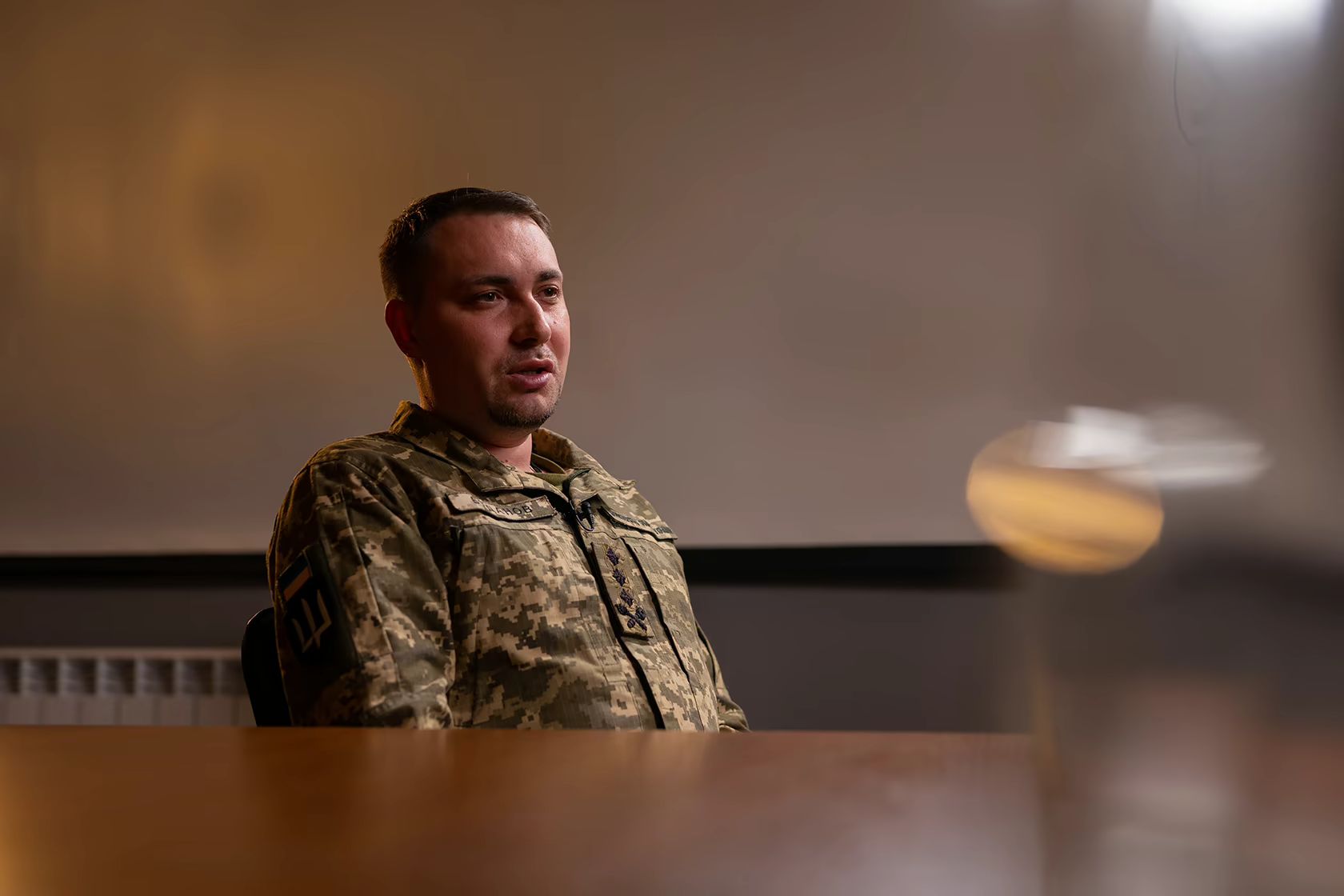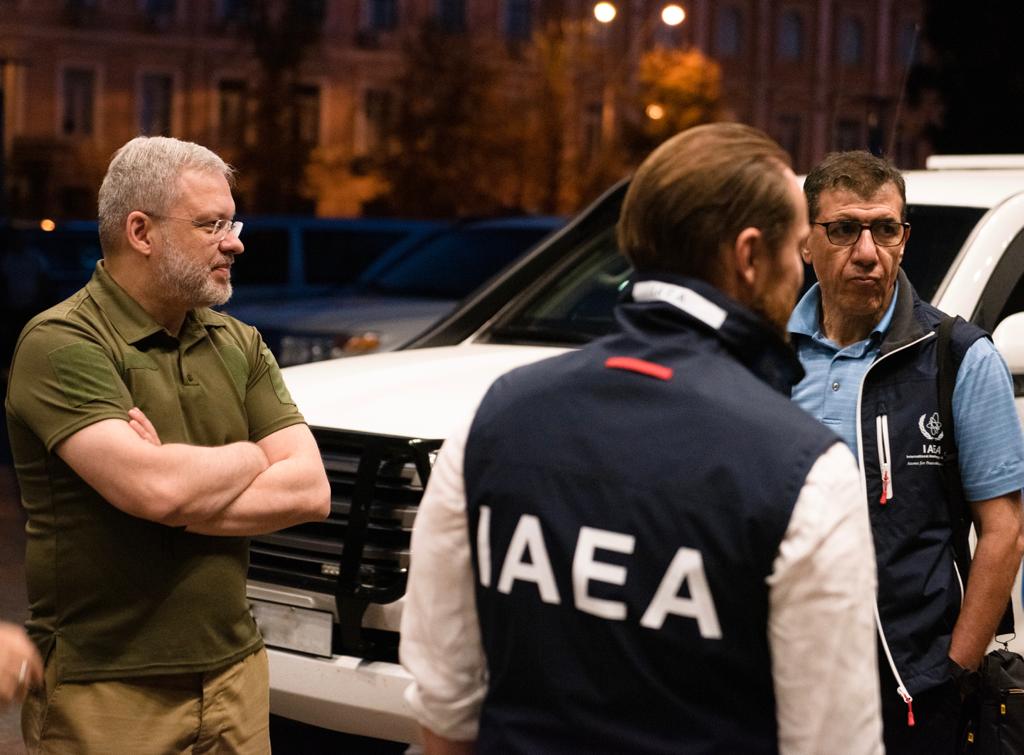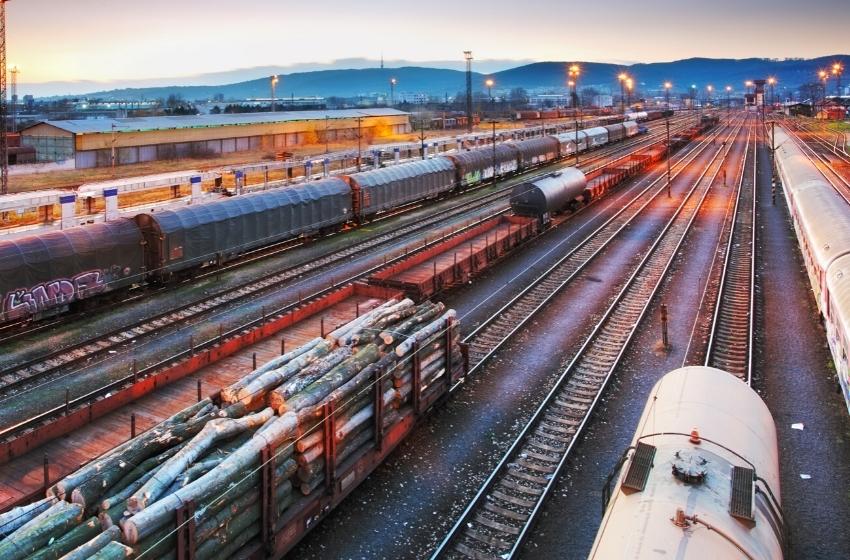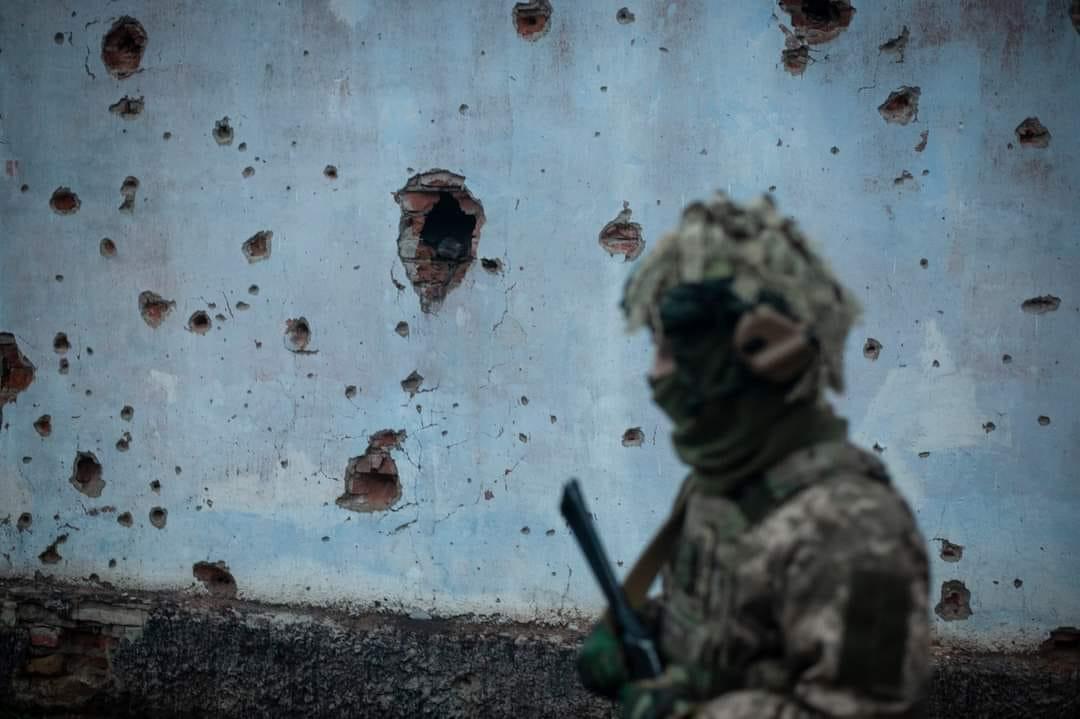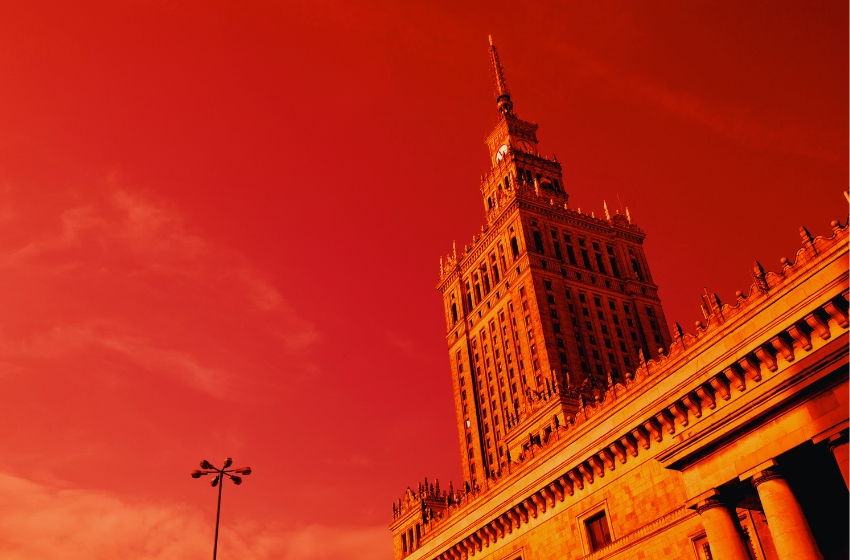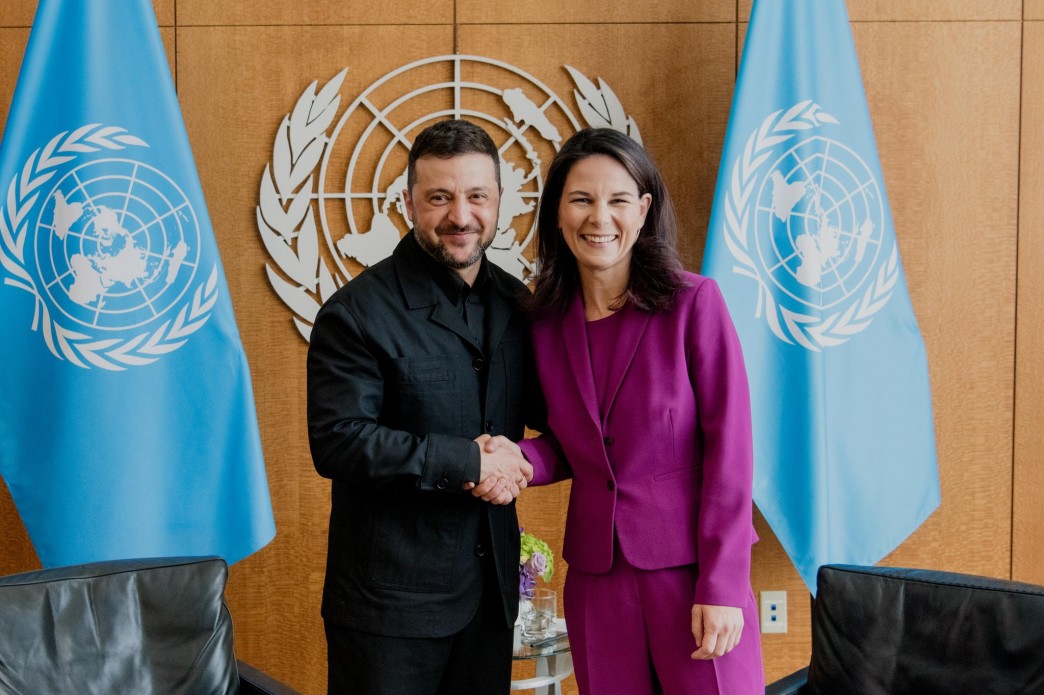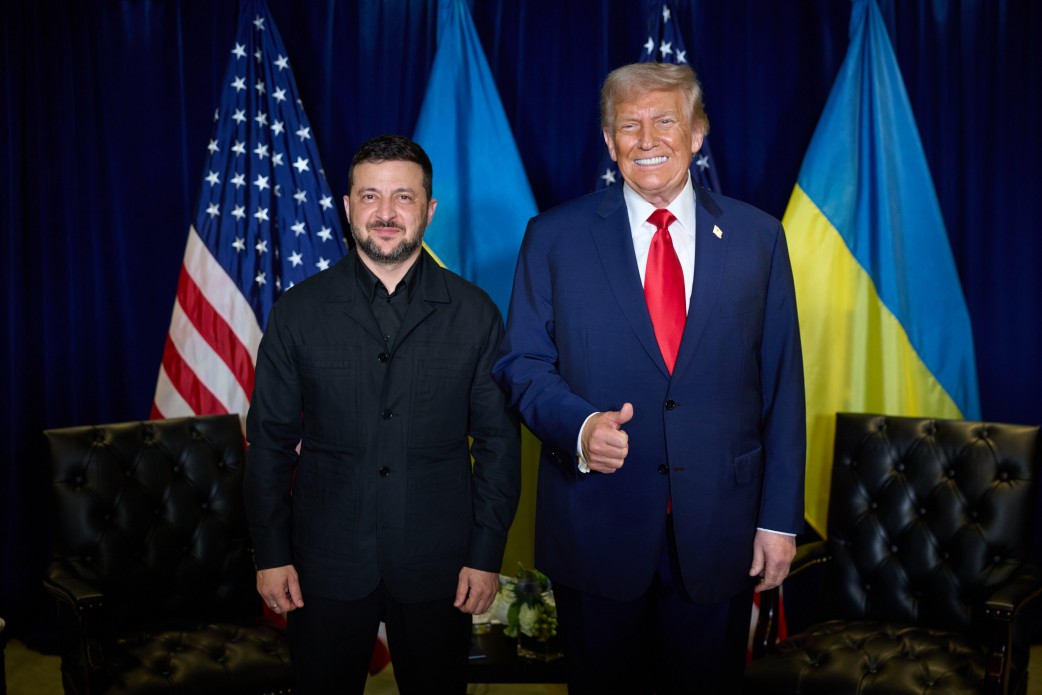The production chains in Russia have not been disrupted yet, but crisis phenomena are intensifying, according to the head of military intelligence, Kyrylo Budanov.
The war may continue for a long time, as Russians may simply refuse to sign any agreements with Kyiv and the coalition of allies, believes the head of the Main Intelligence Directorate, Kyrylo Budanov. Russia is expected to continue chaotic shelling of our territory, but without engaging in major military actions.
Such an opinion was expressed by the chief military intelligence officer in the article titled "If the War Lasts Long: Consequences of Prolonged Confrontation for Russia and Ukraine Together with the West," first published in the November 2023 issue of the NV magazine.
"There are cases in history when long-standing wars between states were legally never concluded. A simple example is Russia and Japan, after 1945 they never signed a peace treaty due to the Northern Territories (which Russia calls the Kuril Islands). This territorial issue has been ongoing for over 70 years. Therefore, this scenario is very likely, especially because Russia has significant territorial appetites regarding Ukraine, not limited to Crimea. Of course, these appetites are not going to be satisfied," said Budanov.
Responding to the question "how long can Russia conduct high-intensity military operations?" the head of the Main Intelligence Directorate listed factors that will determine the near future of the aggressor state: systemic changes in the Russian economy, external supply of military-technical goods, and the psychological factor - the growth of war fatigue in society.
"For now, Russia still maintains economic stability. Yes, we observe a massive fuel crisis, a sharp rise in food prices (over the last two months, prices have jumped 15-20% twice), and other goods and services. All of this is shaking their economy and social sphere, and they will feel real problems in 2025," Budanov said.
However, the production chains in Russia are not yet destroyed and can sustain for another year. But war fatigue among Russians is rapidly increasing, and the population, especially the male population, is decreasing rapidly, although this does not mean that Putin will have problems with "cannon fodder." Budanov says that it is crucial to listen to economists who model situations, taking into account a myriad of diverse data.
"There is hope that 2025 will be a turning point regarding internal systemic destructive changes and processes in the Russian state, society, and economy. But this is not a forecast, but an expectation. As of now, based on the available factors, the likelihood of this happening exists. But let's not forget that with each passing month, this war globalizes and generates new processes. They will also overlap with the situation and significantly change any previous calculations. This is a challenge that leading analysts worldwide are already facing," believes Budanov.









